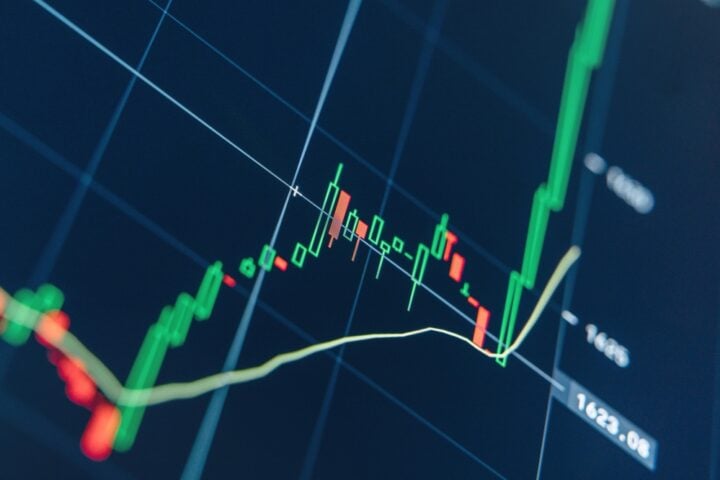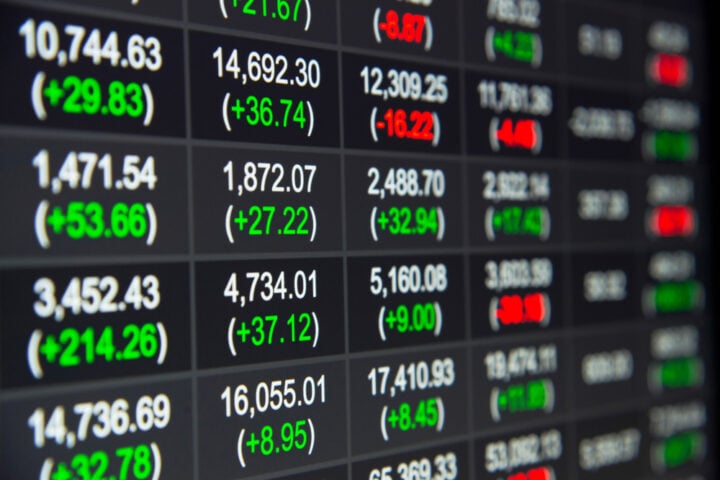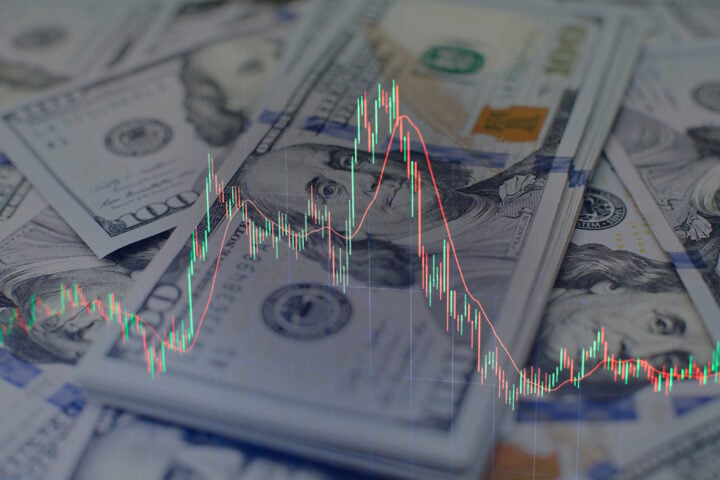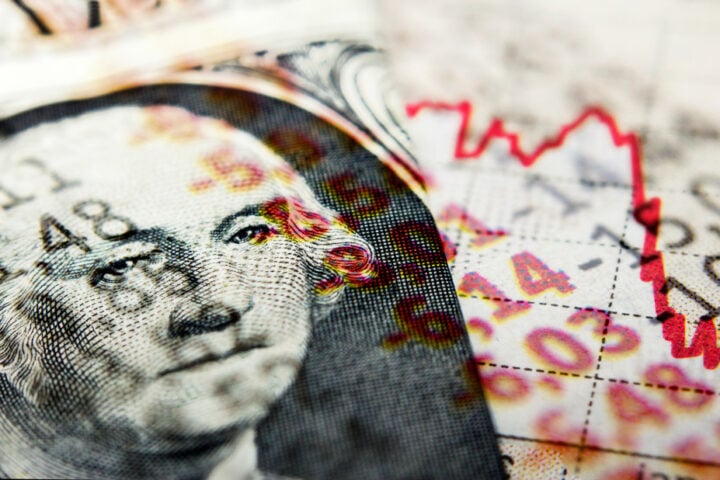Asian stock markets were mostly higher in thin trading on Good Friday, despite volatility on Wall Street, where the Dow industrials dropped 1.3%. U.S. stocks saw a sharp decline, especially with UnitedHealth Group losing more than 20% of its value after a weaker-than-expected profit report. The uncertainty from the ongoing trade war and President Donald Trump’s tariffs continues to cast a shadow over global markets, but some Asian indices managed to post gains.
Asian Markets Show Resilience
Tokyo’s Nikkei 225 rose by 1% to close at 34,730.28, and the Kospi in South Korea climbed 0.5% to 2,483.42. Taiwan’s Taiex also gained 0.3%, with regional tech companies advancing after Taiwan Semiconductor Manufacturing Co. (TSMC) reported strong profits for the latest quarter. Despite the uncertainty around the trade war, TSMC’s Chief Financial Officer Wendell Huang noted that they have not yet seen a significant impact from the trade tensions on customer behavior, though risks remain. “Uncertainties and risks from the potential impact of tariff policies exist,” he said. TSMC’s stock added 0.1% on Thursday, showing that some tech companies continue to navigate these turbulent times with cautious optimism.
Volatile U.S. Market Performance
In contrast, U.S. markets faced turbulent conditions. The S&P 500 edged up by just 0.1%, while the Nasdaq composite slipped 0.1%, following a sell-off the day before. Nvidia, a major player in the semiconductor industry, saw its stock drop by 2.9% after disclosing that new export restrictions to China could impact its first-quarter results by $5.5 billion. The Dow Jones Industrial Average also fell significantly, dropping 527 points, with UnitedHealth Group’s sharp 22.4% decline contributing to the overall downturn. UnitedHealth cut its profit forecast for the year, citing higher-than-expected medical costs in its Medicare Advantage plans.
Oil and Gas Stocks Surge
While most sectors struggled, oil-and-gas stocks rallied as crude oil prices recovered some of the sharp losses taken earlier in the month. Diamondback Energy surged 5.7%, and Halliburton rose by 5.1%. U.S. benchmark crude oil gained $2.18 to $64.01 per barrel, while the international Brent crude rose $2.11 to $67.96 per barrel. Oil trading was paused on Friday for the Easter weekend, but these gains showed that some markets continue to find strength amid broader economic uncertainty.
The Impact of Trump’s Trade War
U.S. President Donald Trump’s ongoing trade war remains a major source of concern for investors. Although Trump has offered some encouraging signals about potential tariff reductions, his criticisms of Federal Reserve Chair Jerome Powell have raised further concerns. Trump expressed frustration with the Fed’s stance on tariffs, calling their policies “too late and wrong,” and even suggested that Powell’s termination couldn’t come soon enough. This rhetoric creates a challenging environment for markets, as investors remain uncertain about the long-term economic impact of Trump’s policies.
Mixed U.S. Economic Data
Economic reports out of the U.S. also painted a mixed picture. While fewer U.S. workers applied for unemployment benefits last week than economists expected, suggesting a relatively stable job market, another report showed that manufacturing in the mid-Atlantic region unexpectedly contracted. These reports reflect the complexity of the current economic landscape, as tariffs and trade tensions continue to create volatility in various sectors.
Global Currency Movements
In the currency markets, the U.S. dollar weakened against the Japanese yen, dropping to 142.37 yen from 132.44 yen. The euro rose slightly to $1.1375, up from $1.1367, reflecting the uncertainty surrounding U.S. economic policy and the broader impact of the trade war on global markets.
Conclusion: Navigating the Uncertainty
As markets continue to grapple with the consequences of Trump’s trade policies, global investors are facing an uncertain economic environment. While some Asian markets are holding steady, the U.S. market remains volatile, with fluctuations in stocks, bonds, and commodities. The ongoing tariff battle and its implications for global trade and economic growth are likely to continue to influence market performance in the coming months. Investors will be watching closely for any signs of policy changes or new developments that could impact the global economic outlook.







